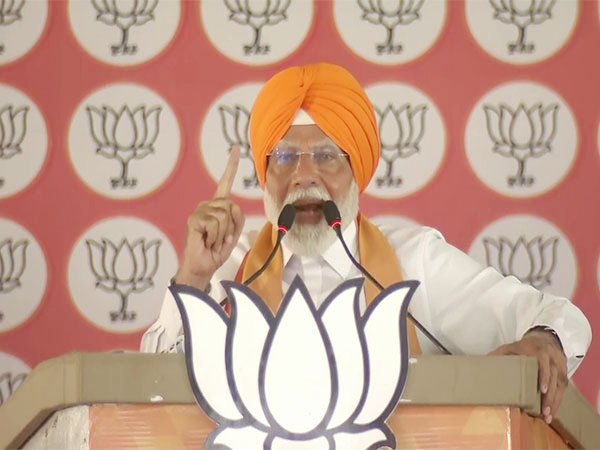Prime Minister Narendra Modi’s recent remarks during a public rally in Patiala, Punjab, have stirred controversy and drawn sharp criticism from opposition parties and political observers alike.
PM Modi’s assertion that he would have seized Kartarpur Sahib from Pakistan during the 1971 Bangladesh Liberation War, leveraging Pakistani prisoners of war, has raised eyebrows and sparked debate over the historical accuracy and diplomatic implications of such a claim. Critics argue that such statements risk inflaming tensions with Pakistan and undermine efforts towards peaceful coexistence and dialogue between the two nations.
Furthermore, PM Modi’s defense of the Citizenship Amendment Act (CAA) has reignited the contentious debate surrounding the legislation. While the Prime Minister maintains that the CAA is aimed at providing citizenship to persecuted minorities, detractors argue that it is discriminatory and violates the secular principles enshrined in the Indian Constitution.
Opposition parties, including the Congress and AAP, have seized upon PM Modi’s remarks to launch scathing attacks on the ruling Bharatiya Janata Party (BJP). They accuse the Prime Minister of engaging in divisive rhetoric and playing politics with sensitive issues such as religion and national security.
In addition, PM Modi’s characterization of the Congress and AAP alliance as two sides of the same coin has further fueled political tensions in Punjab ahead of the upcoming elections. The Prime Minister’s allegations of betrayal and deceit have intensified the rivalry between the two parties, setting the stage for a fiercely contested electoral battle.
While PM Modi’s supporters applaud his bold and assertive leadership, his detractors view his statements as inflammatory and irresponsible. The Prime Minister’s remarks have once again underscored the deep divisions and polarizations within Indian society and politics, raising concerns about the future of democratic discourse and governance in the country.



